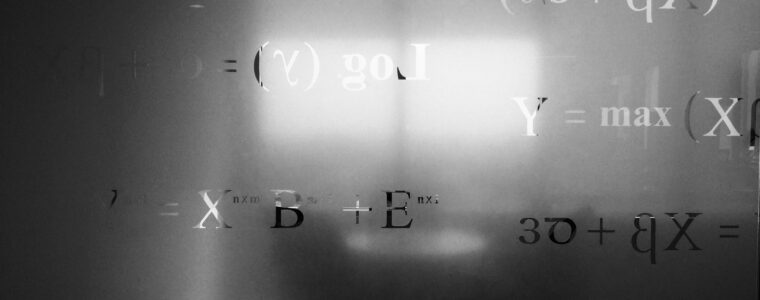The 2025 edition Summer School in Biodiversity Modelling will be on the theme “Coding biodiversity: building scenarios with a global ecosystem model“. This year hosted at the University of British Columbia in Vancouver, BC, the School will provide an opportunity to further your knowledge of Biodiversity Modelling, in an informal and friendly atmosphere.

It has been proposed that general ecosystem models could inform policy decisions and improve our understanding of biodiversity and its functioning. Developing such models is however a daunting task that could only be achieved in team. The general objective of this edition of the Summer School in biodiversity modelling will be to investigate the joint effects of biodiversity changes and climate change on ecosystem functioning using a custom version of the Madingley model. Students will learn how to collaborate in a complex coding problem with an inter-disciplinary team, and we encourage people with diverse backgrounds to apply and compose these inter-disciplinary teams.
Prerequisites
For all applicants:
- Minimum intermediate proficiency level in English; proficiency in French is an asset (listening and speaking)
- Eligible to study in Canada (i.e., have the appropriate visa or be exempt from this requirement to enrol on a University course)
For applicants focused on developing biodiversity models:
- Basic knowledge of biodiversity modelling
- Upper-intermediate level of knowledge in scientific programming (the program will have a focus on R language, but you can use the language of your choice)
- Familiarity with version control systems (we’ll provide advanced training)
For applicants focused on communicating biodiversity models:
- Familiarity with biodiversity topics
- Skills in data visualization, and/or communication and outreach in different media
Date: August 18 to 22, 2025
Location: University of British Columbia, Vancouver - BC
Registration fee: 600$ (without accommodation) or 950$ (with accommodation)
Price includes course registration and meals. Members of certain programs or associations may be eligible for financial assistance to attend the event.Registration
Anyone interested in taking part in the summer school must complete this form by June 15, 2025. Official registration (admission and payment of registration fees) will take place during the week of June 30, 2025.
More information and registration: https://www.usherbrooke.ca/ecoles-de-pointe/en/biology/2025-biodiversity-modelling





